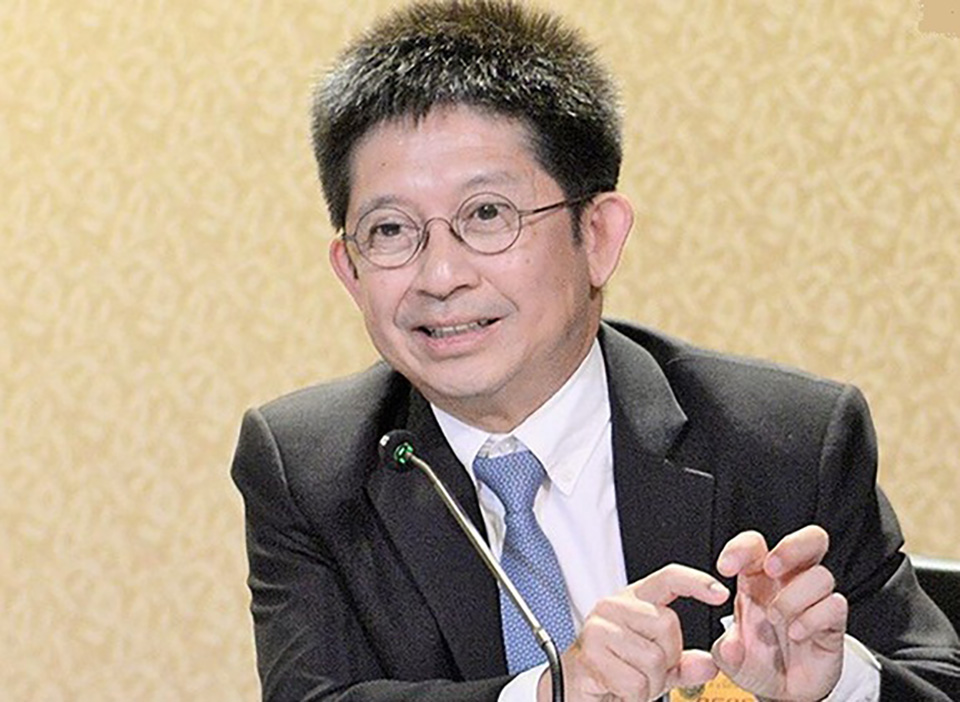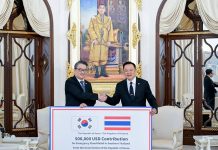
The Energy Regulatory Commission (ERC) is currently inviting public feedback on proposed adjustments to the fuel tariff (FT) for the period of May to August. The adjustments are intended to address electricity generation costs and will directly influence electricity bill limits over these four months. The ERC conducts reviews of the FT quarterly – in January, May, and September – to align electricity rates with the current economic climate.
ERC Secretary-General Komkrit Tantravanich outlined three potential approaches for adjusting the FT. The first proposes raising the FT to 165.24 satang per unit, up from 39.72 satang, enabling the Electricity Generating Authority of Thailand (EGAT) to clear its 99.6 billion baht debt from electricity generation. This adjustment would increase the electricity bill cap to 5.44 baht per unit.
The second option suggests increasing the FT to 55.72 satang per unit. This would allow EGAT to address its debt in four installments of 24.92 billion baht each, setting the power bill cap at 4.34 baht per unit, though EGAT would still face a 74.76 billion baht debt post-August.
The third approach recommends maintaining the current FT at 39.72 satang per unit and the power bill cap at 4.18 baht per unit. Under this plan, EGAT’s debt would be managed in seven installments of 14 billion baht each, with a remaining debt of about 85.68 billion baht after August.
The ERC is accepting public opinions on these proposals through its website (www.erc.or.th) until March 22, when a final decision will be announced.
Komkrit also noted that electricity generation costs for May- August are anticipated to be lower than the previous period, thanks to a decrease in LNG prices, reducing the estimated pool gas price from 333 million baht per BTU to 300 million baht. Despite an expected increase in daily output from the Erawan natural gas field, Thailand will continue to rely on imported LNG from Myanmar, especially during the summer months when electricity consumption is projected to rise. (NNT)








